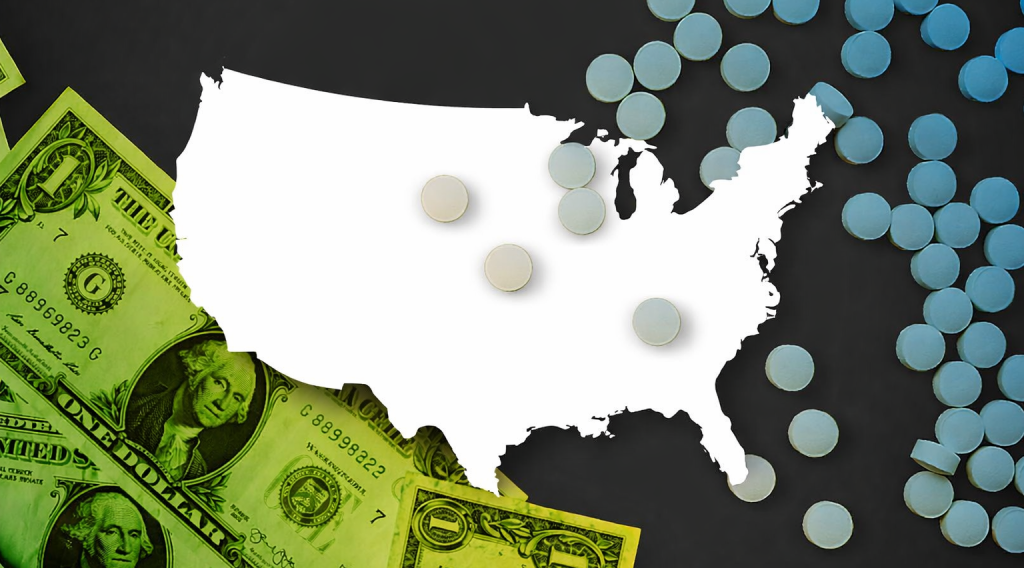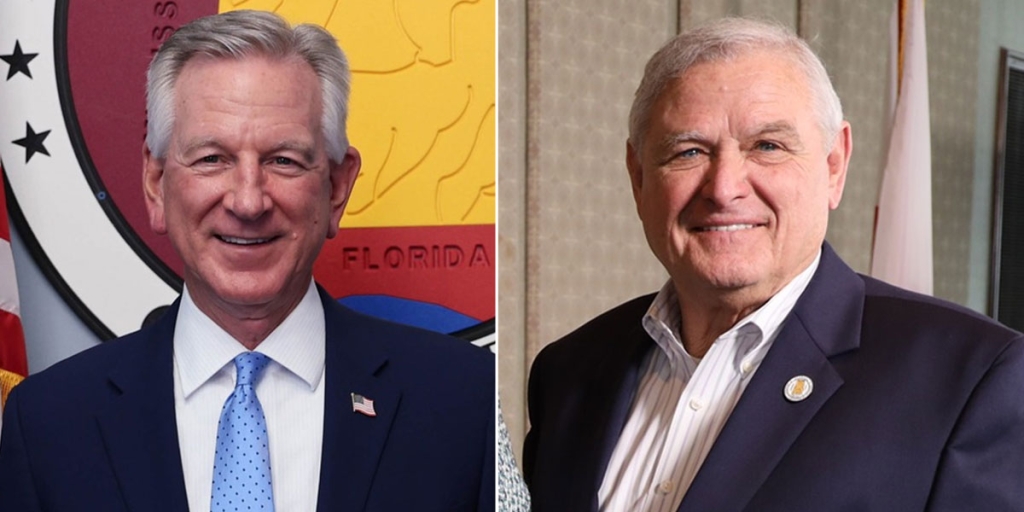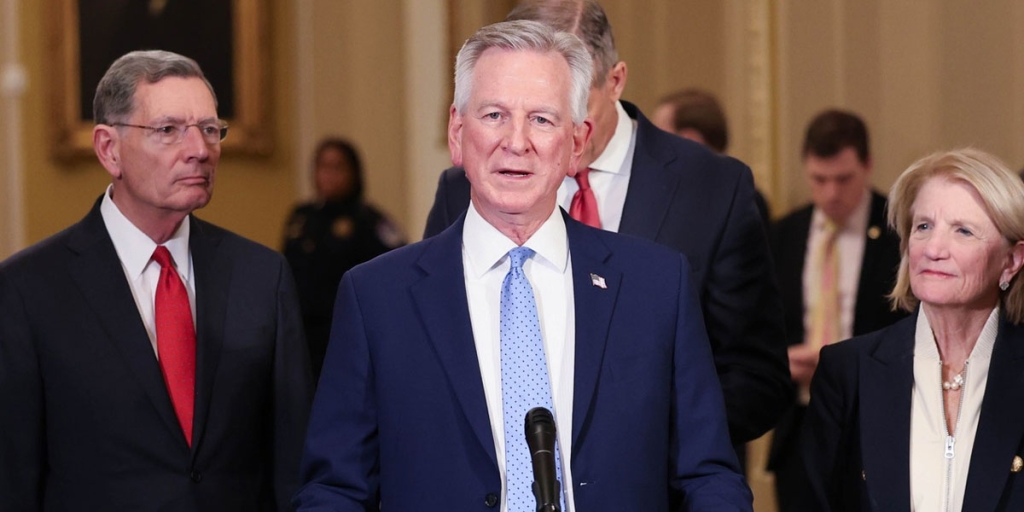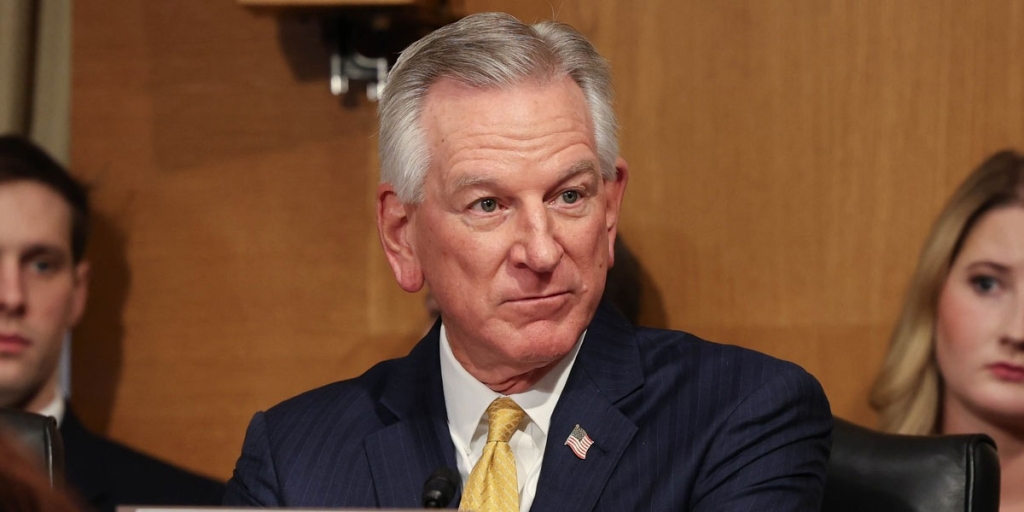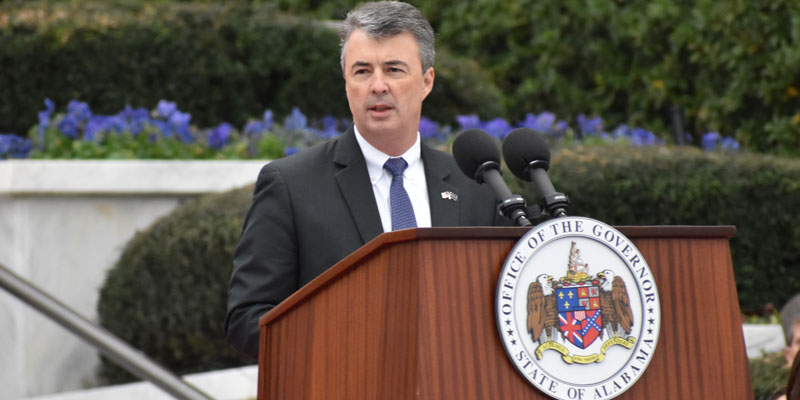The rising cost of healthcare is a concern for every American with the cost of prescription medication increasing yearly.
Pharmacy Benefit Managers (PBMs) were created to administer prescription drug plans on behalf of insurers and employers. PBMs serve as “middlemen” who negotiate prices between pharmacies and drug manufacturers on behalf of plan sponsors. They were supposed to reduce costs for sponsors, pharmacies and consumers, but this has not been the case. In fact, drug costs as a percentage of total health care spending have doubled to nearly 10 percent in 2014 — up from 5.2% in 1987.
In terms of total spending on prescription drugs, the numbers are even worse. Between 1987 and 2014, spending on prescription drugs increased by 1,010%! In the same period, patients’ actual out-of-pocket costs increased by 169%, with PBMs making an even greater percentage of profit.
How does this happen? A number of factors have allowed PBMs to generate huge profits without reducing costs for sponsors and consumers. Mergers and acquisitions between PBMs have reduced their numbers to the point that three PBMs now control nearly 80% of prescription drug benefit purchases. PBMs negotiate rebates from drug companies to include their drugs on the PBMs plan, but there is no transparency in these deals. This means that sponsors, pharmacies and patients usually have no way of knowing what the “real” cost of a drug is to the PBM.
Recently, some companies have abandoned PBMs, choosing to negotiate directly with pharmacy networks for prescription services, with good results. A few states have taken steps to rein in the secrecy and runaway profiteering by PBMs, but multiple bills introduced into both chambers of the U.S. Congress have died in committee. Action by the federal government continues to be needed, and President Trump recognized this when he called for Congress to require drug makers, insurers and hospitals to disclose “real prices” in his State of
the Union Address.
It’s clear that PBM reforms are needed, and these reforms need to come from Congress. With President Trump’s backing, Republicans can and should work to pass bills to increase transparency across the industry so that employers, pharmacists and patients know the “real prices” of drugs. Medicare Part D drug payments for generic drugs are the logical place to begin this transparency. Finally, regulatory barriers that prevent companies from acting as their own PBMs should be reduced or eliminated. This will allow the free market to lower drug costs while preserving patient’s access to the medications they need.
Without congressional oversight and investigation, we will lose the first line of defense for healthcare–our locally owned independent pharmacies. Without Congressional action, the PBMs will continue to abuse our parents’ and grandparents’ financial security and access to the medications they need.
We will never be able to control healthcare spending unless the ever-increasing costs of prescription meds are reined in. This election season, every candidate needs to be clear about their position on PBMs and how they will work to increase transparency and reduce costs for all of us. Congress must act on healthcare, and voters need to be sure that their representatives understand the issues and what is at stake if they do not.
As your senator, I’ll work to strip away the veil of secrecy from the backroom deals and hidden kickbacks the PBMs have used to amass such huge profits at the expense of employers, pharmacies and patients. I’ll support legislation to reduce bureaucratic and regulatory barriers to companies who want to act as their own PBMs. Senator Tommy Tuberville will always stand with patients, local pharmacies and employers against profiteering middlemen who want to use medical needs for their own personal gain.
Tommy Tuberville is a Republican candidate for the U.S. Senate in Alabama







